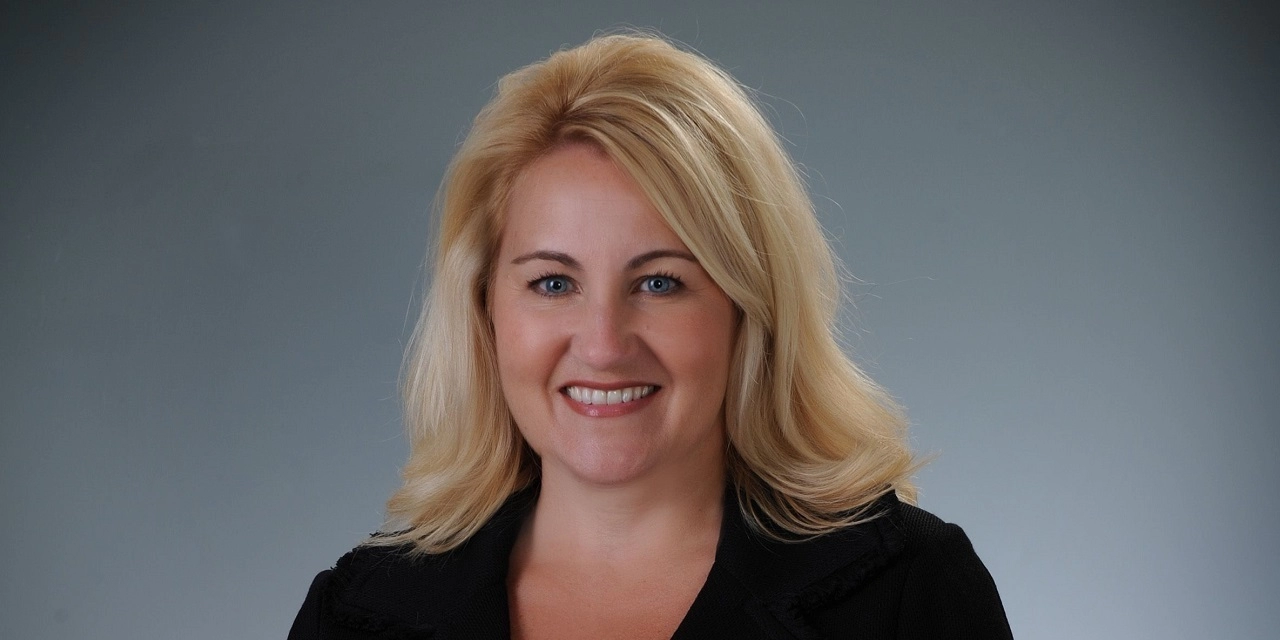A federal appeals court has fortified a West Virginia policy that aims to level the playing field between policyholders and insurance companies in litigated claims, but critics say such policies ultimately increase the cost of insurance.
The U.S. Fourth District Court of Appeals ruled last month in the case of a coal company, Ramaco Resources, that sued Federal Insurance Co. over a failure to pay a claim related to a coal silo collapse in 2018. A jury decided Ramaco deserved $7.6 million in contract damages and interest and $25 million under the state’s Hayseeds doctrine, which permits a policyholder to gain additional damages and attorney fees if the policyholder prevails in court.
But a trial court cut the damages award to $1.8 million and rejected the Hayseeds damages award as punitive and invalid. In its July 20 decision, the Fourth Circuit reversed part of the lower court decision by reinstating the $7.6 million jury award and also overturning the rejection of Hayseeds damages.
“But we affirm its conditional grant of a new Hayseeds damages trial as the district court reasonably concluded that the amount awarded was punitive,” the appeals court ruling states.
Jill Cranston Rice, president of the West Virginia Insurance Federation, noted that it remains to be seen how a future jury will deal with the Hayseeds issue.
“In the meantime, Hayseeds is court-made law, not a statute adopted by our Legislature, that has been expanded over the years, and (this) makes it challenging for insurers to resolve claims on their merits, resulting in increased costs for insurers, which are ultimately borne by policyholders,” Rice told the West Virginia Record in an email.
But she said state lawmakers can still consider improving the civil litigation climate.
“If our legislators are interested in meaningful reform that could curtail lawsuit abuse and drive down litigation costs, then this is an issue that should be considered,” Rice said.
Patrick McGinley, a professor at the West Virginia University College of Law, said the Hayseeds doctrine helps average policyholders and smaller businesses to get their claims heard.
“Over time, insured people more often than not were at risk of not being provided insurance coverage for claims lost because they didn’t have resources, the money or counsel to challenge their insurance companies' decision on denial of a claim," McGinley told the Record.
Because insurers in West Virginia can be on tap for a higher level of damages and shifting attorney fees if the policyholder prevails, they may opt for a reasonable settlement sooner, he said.
“This doctrine gives insurance companies an incentive to look at a case and factor in the possibility of the risk of going forward,” McGinley said.
